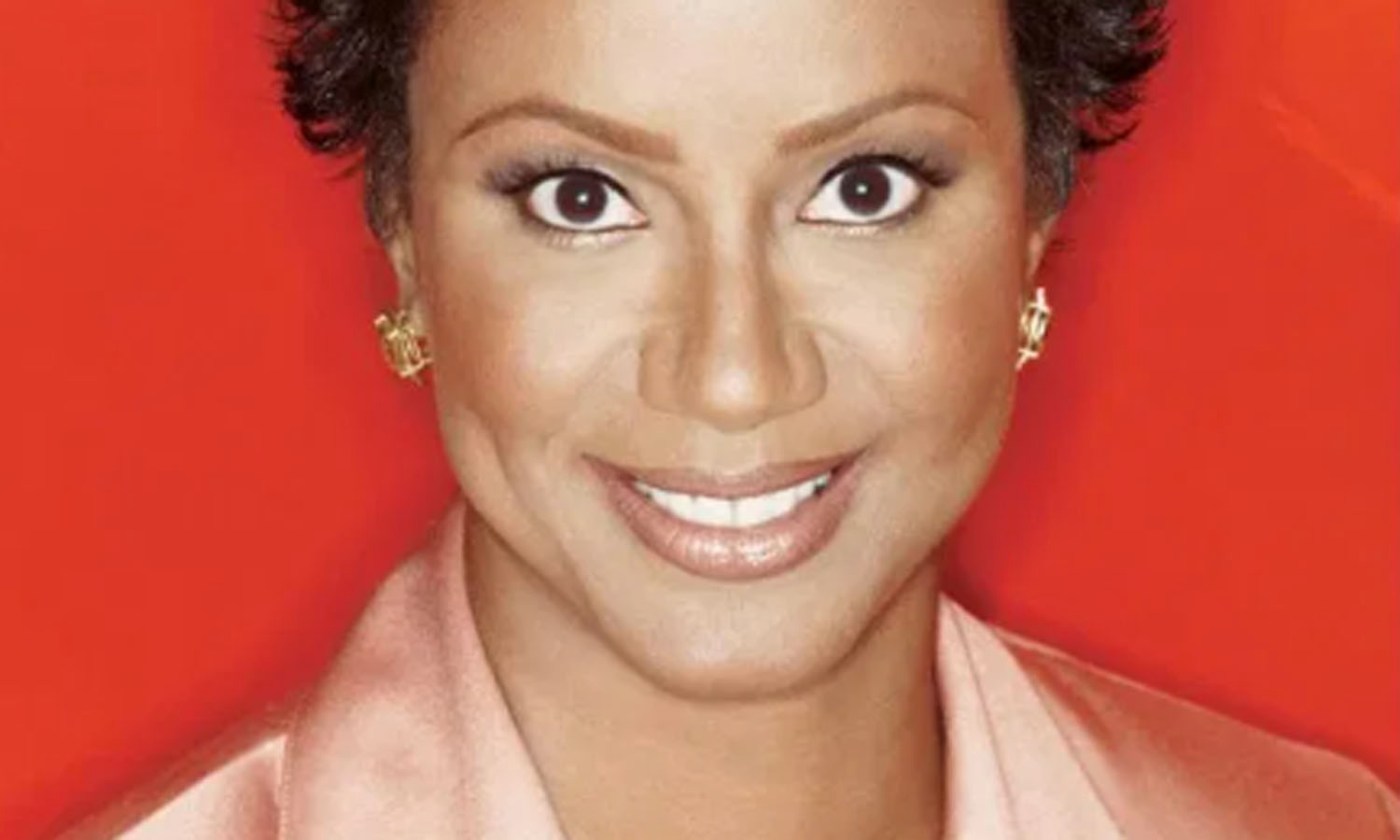UPDATE: A heartfelt plea from a distressed individual has revealed a troubling dynamic between friends, sparking urgent conversations about empathy and support. The situation escalated when one friend, deeply impacted by personal struggles, felt neglected as her companion showed sympathy towards a co-worker instead.
In a recent letter to advice columnist Harriette Cole, a woman opened up about her year-long battle with what she describes as depression, driven by unemployment and significant life changes. The emotional turmoil reached a boiling point when she witnessed her friend express concern for a colleague’s hardships, while dismissing her own struggles.
The letter highlights a pervasive issue: the difficulty some individuals have in recognizing the emotional needs of those closest to them. The writer expressed feelings of anger and envy, underscoring the emotional impact of perceived neglect from someone they considered a confidant.
“It hurts,” the writer candidly shared, revealing the deep sense of isolation she has felt throughout the past year. This emotional disconnect raises critical questions about the nature of friendship and the importance of mutual support during tough times.
Meanwhile, another letter addressed to Cole highlights the complexities of modern dating. An individual, newly relocated to a city, has found herself in a whirlwind romance with a man who seems overly attentive, raising concerns of potential “love bombing.”
The writer describes her date’s behavior as clingy, with excessive pet names and frequent offers to join her for errands, leading her to question the pace of their relationship. This situation emphasizes the need for boundaries in early dating phases, particularly when emotions run high.
Cole advises both individuals to engage in open conversations with their respective friends and partners. She emphasizes the importance of expressing one’s feelings honestly and setting boundaries where necessary.
As these stories unfold, they serve as a poignant reminder of the challenges individuals face in relationships, whether in friendship or romance. Cole’s advice resonates with many who struggle with similar issues, encouraging them to seek understanding and clarity.
What’s Next: For those feeling unsupported or overwhelmed, reaching out for help is crucial. Whether through friends, mental health resources, or community support, taking the first step can lead to healing and stronger connections.
As discussions around mental health and emotional awareness gain traction, these personal stories highlight the urgent need for empathy and communication in relationships. The clock is ticking on addressing these critical issues — take action now to foster understanding and support in your own life.
